Warsaw Enterprise Institute in cooperation with the Polish Investment and Trade Agency (PAIH) presented the report “Barriers and Obstacles for Polish Companies in the European Union”. The aim of the publication is to draw attention to the obstacles that particular industries of the Polish economy face on the markets of individual European countries and to indicate a set of practical recommendations in the fight against European protectionism.
When Poland became member of the European Union in 2004, the turnover balance with the Union was negative – we were buying goods worth PLN 6.6 billion more than our exports to EU countries. Today, this data can only be viewed through the prism of historical analysis, with pride in regard of the changes that have taken place over the past years. In 2016, the value of Polish exports to EU countries amounted to PLN 641.3 billion and increased almost three times in relation to 2004. These numbers are a measure of the success of Polish companies and Polish employees. But this data also shows how successfully expansive and effective almost every Polish industry and many Polish companies can be. Our success is appreciated by most countries and European companies cooperating with Poland on a daily basis. The common market is still functioning perfectly, but in this uniform structure, unfortunately, there are more and more cracks on the surface. The slogan “Capital has nationality” repeated merely 10 years ago only by perverse euro-sceptics, today surprises hardly anyone or causes outrage hardly ever, but is even openly repeated by the leaders of the largest states of the European Union.
“Economic freedoms are never given to anyone once and for all. It is the duty of an institution like ours to monitor the barriers and remind us of the threats to our shared well-being”, says Tomasz Wróblewski, President of the Warsaw Enterprise Institute.
European protectionism is rooted in national fears rather than embedded in Brussels bureaucracy. With growing concern, we are observing both legislative and administrative attempts to increase the operation costs of Polish companies. It is difficult to disagree with the argument that Polish companies without the support and often hidden financing from the state, have no chance to break onto the richer western markets. Polish furniture, turbines, car parts, domestic products, and electronics are popular in Western Europe as long as they consent to appear under a foreign brand and to give away a significant part of the margin to foreign companies. It does happen that Polish windows in Germany or Polish beds in Great Britain are able to compete with local products only thanks to the fact that they are appear under the brand of long-bankrupted, local competition.
“Only strong enterprises can afford the risk arising from exports. One of the key foundations of the market position is a strong brand. Meanwhile, Polish companies and their products, services, and technologies are primarily lacking in worldwide recognition. The foreign label and high profit margin, with which our western neighbours sell Polish goods, might be a valuable tip. They have indeed noticed the great quality of our products, so let us build upon it too, thus shaping the brand of Polish exports. Foreign Commercial Offices of PAIH help Polish exporters with a good offer to create their right image. They also indicate opportunities how to diversify sales with rapid growth in new markets, while facilitating the management of business risk, so that companies do not lose on economic volatility,” says Tomasz Pisula, President of the Polish Investment and Trade Agency PAIH.
Creation of mechanisms for cooperation between business and state authorities, in situations where there are signals of new unfavourable legal solutions or a practice of applying laws that hurt Polish companies, is of key importance. Information on the application of any administrative barriers or changes of practices on the part of the administration of EU countries should trigger an immediate reaction of the Polish corps diplomatique. We also recommend that diplomatic and economic authorities inform about the theoretical threats to the economic interest of Poland, even when these ideas appear only at the level of economic debates.
Ladies and Gentleman, you have in our hands our first publication on EU protectionism. In the future, WEI will publish every year a list of barriers, both official and ‘glass ceilings’ limiting and hindering economic development. We want to present the factors that lead to the actual limitation of a free European market. Seemingly, it is being strengthened. Whereas in fact, individual countries try to limit economic freedom.
The full and unabridged report is available here for download (in Polish).





